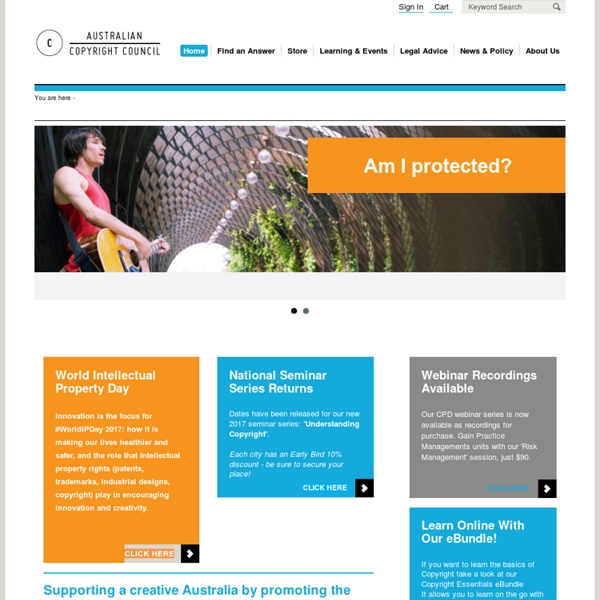



HTML5 - Web developer guides HTML5 is the latest evolution of the standard that defines HTML. The term represents two different concepts. It is a new version of the language HTML, with new elements, attributes, and behaviors, and a larger set of technologies that allows the building of more diverse and powerful Web sites and applications. This set is sometimes called HTML5 & friends and often shortened to just HTML5. Designed to be usable by all Open Web developers, this reference page links to numerous resources about HTML5 technologies, classified into several groups based on their function. Semantics: allowing you to describe more precisely what your content is. Semantics Sections and outlines in HTML5 A look at the new outlining and sectioning elements in HTML5: <section>, <article>, <nav>, <header>, <footer> and <aside>. Using HTML5 audio and video The <audio> and <video> elements embed and allow the manipulation of new multimedia content. Forms improvements New semantic elements Improvement in <iframe> MathML WebRTC
CSS Syntax and Selectors CSS float property CSS display property CSS Color Module Level 3 Abstract CSS (Cascading Style Sheets) is a language for describing the rendering of HTML and XML documents on screen, on paper, in speech, etc. It uses color-related properties and values to color the text, backgrounds, borders, and other parts of elements in a document. Status of this document This section describes the status of this document at the time of its publication. The (archived) public mailing list www-style@w3.org (see instructions) is preferred for discussion of this specification. This document was produced by the CSS Working Group (part of the Style Activity). A separate implementation report contains a test suite and shows that each test in the test suite was passed by at least two independent implementations. The list of comments on the most recent Last Call draft explains the changes that were made since that draft. A complete list of changes to this document is available. This document was produced by a group operating under the 5 February 2004 W3C Patent Policy. 1.
CSS Text